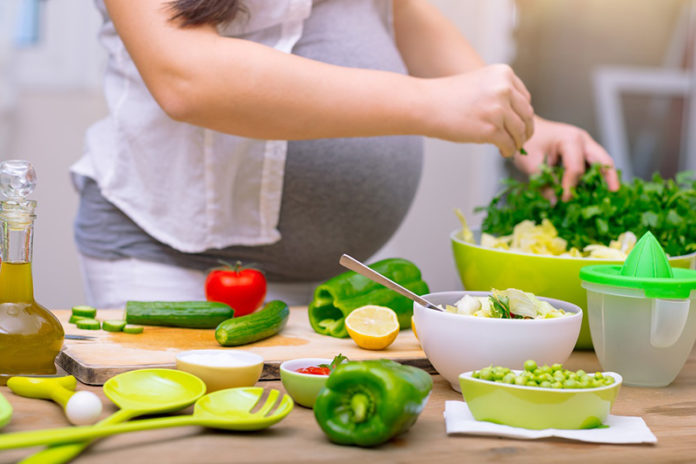If you are experiencing your first pregnancy, you may have learned of gestational diabetes for the first time. You know you will be screened for it and that it can be a serious condition. You may be wondering if it’s reversible or if it means you will have to manage diabetes for the rest of your life.
According to the CDC, 2% to 10% of pregnancies in the U.S. are affected by gestational diabetes each year. Take the time to understand this disease and learn how you can adjust your eating habits.
Types of Diabetes
You’re probably already aware of Type 1 and Type 2 diabetes. You may also know that they both affect the levels of sugar in your blood. If you have Type 1, it means your body cannot produce insulin–the hormone that regulates blood sugar. Unfortunately, there is currently no cure for Type 1 diabetes. In the case of Type 2, insulin production has been severely hampered. In both cases, patients need to monitor their blood sugar continually in order to remain healthy.
The biggest difference between Type 1 and Type 2 diabetes is that Type 2 is brought on by certain health habits and can sometimes be reversed. For example, someone may have gained too much weight and fallen into unhealthy eating habits that caused them to develop Type 2 diabetes. If they reverse those habits and lose weight, it’s possible to stop the progress of the disease and even reverse it.
Gestational Diabetes
Gestational diabetes occurs in women who have never had diabetes before. Late in their pregnancy, insulin resistance develops. According to the American Diabetes Association, this means that their bodies are not able to make and use all the insulin they need for pregnancy. We do not yet know what causes it.
According to Medical News Today, about half of the women who develop gestational diabetes will go on to also develop Type 2 diabetes. The good news is that both conditions can be treated and reversed.
Best and Worst Foods for Gestational Diabetes
Although we don’t know the cause of this condition, we do know how to treat it to protect the health of both mother and baby. In the case of some women, gestational diabetes means they will have to use insulin to keep their blood sugar levels in the safe range. But most patients can stay healthy by making careful nutritional choices for what they eat and drink.
The best foods to eat if you’ve been diagnosed with gestational diabetes are:
- Foods high in protein
- Foods with a low glycemic index
The glycemic index ranks foods that contain carbohydrates according to how they impact your blood sugar levels. High glycemic index foods raise your blood sugar levels quickly. Foods with a low glycemic index are absorbed more slowly by your body and therefore raise your blood sugar level more slowly too.
Examples of foods to avoid or eat in very small amounts, due to a high glycemic index:
- Candy, cakes and other high-sugar, low complex carbohydrate desserts
- Sugary drinks
- White breads and pastas
- Sugary cereals
- Vegetables like mashed potatoes
Examples of low glycemic foods that will help you stay healthy during gestational diabetes:
- Beans
- Whole grain breads and cereals
- Vegetables like broccoli, cauliflower, celery and zucchini
- Fruits
More Ways to Maintain Healthy Blood Sugar Levels
There are other nutritional guidelines if you have gestational diabetes. Don’t skip any meals and space out your intake of food between three light meals and two snacks every day. This moderate, steady intake will help regulate your blood sugar levels.
It’s also important to keep regular exercise a part of your life. This holds true for all pregnant women, but especially for those with gestational diabetes.
If you exercise, spread out your eating through the day, and stick to the best foods for gestational diabetes while avoiding those with a high glycemic index, you will reduce the risks for yourself and your baby.








